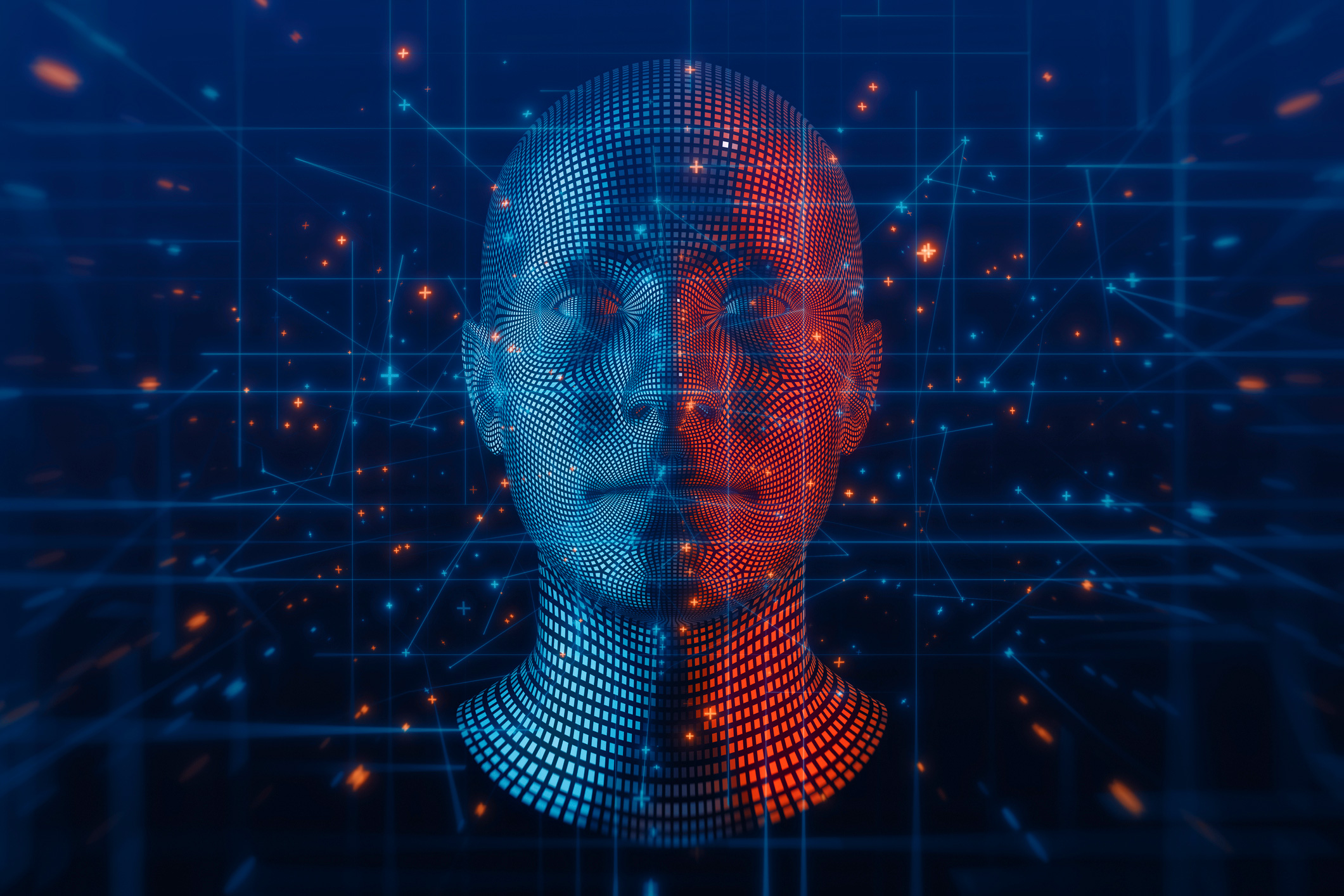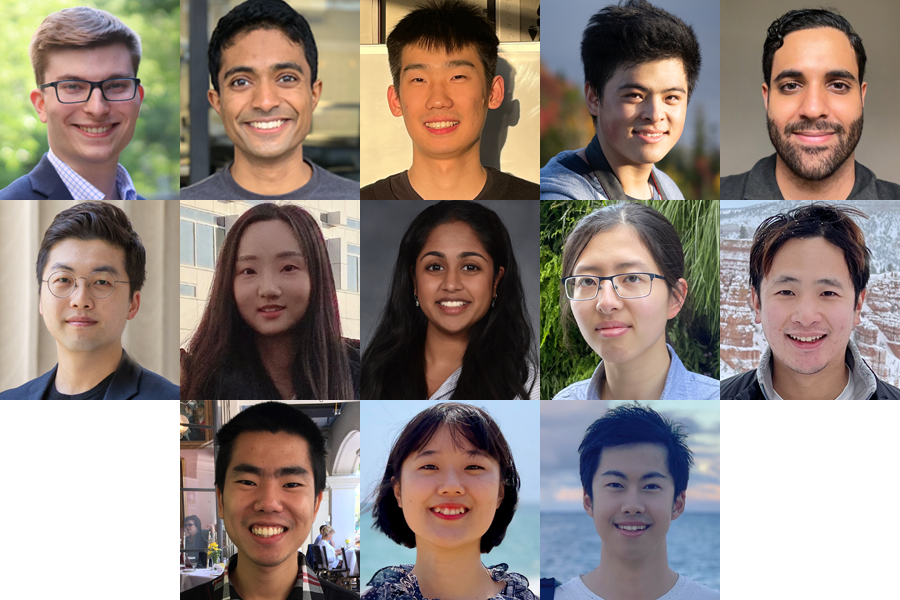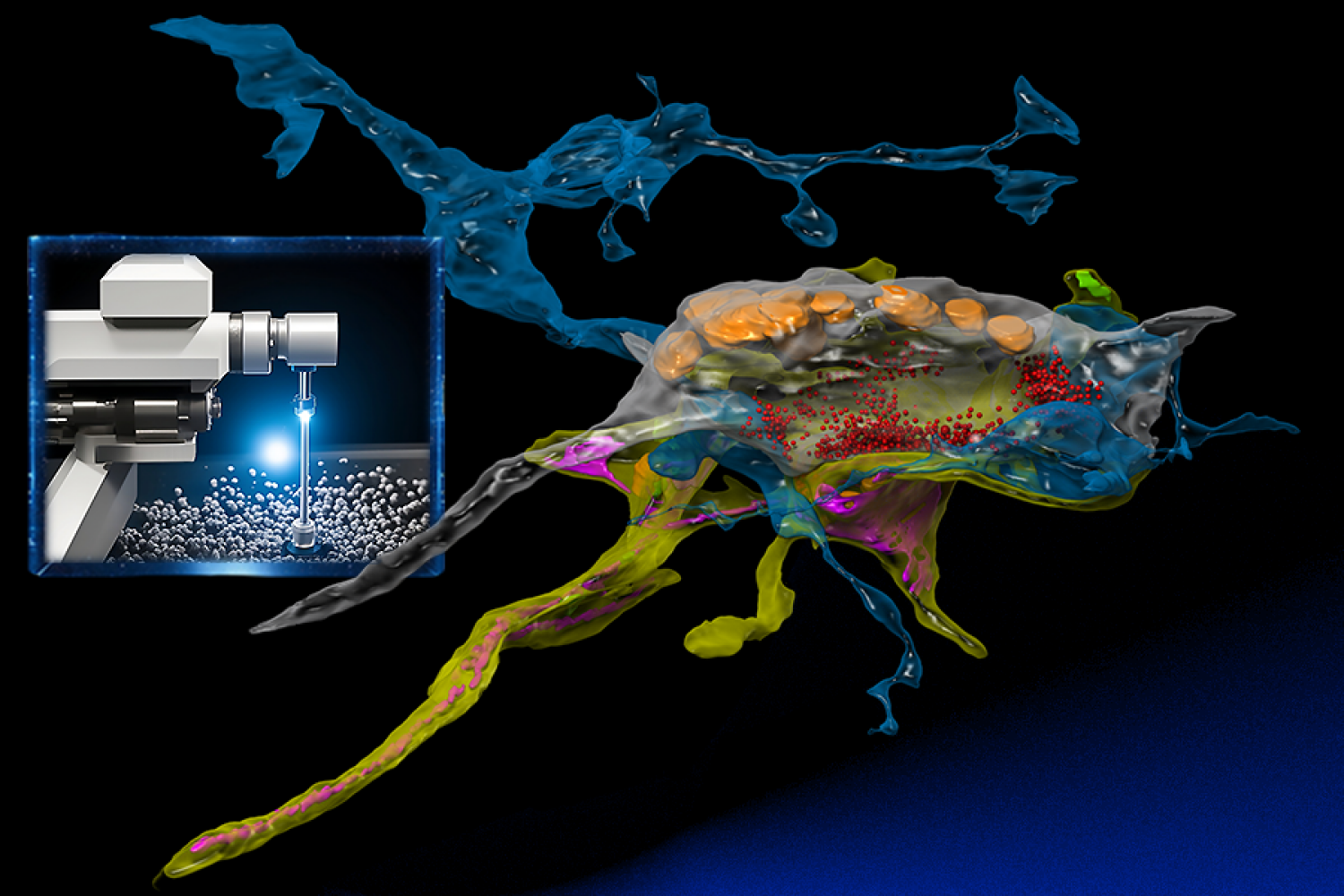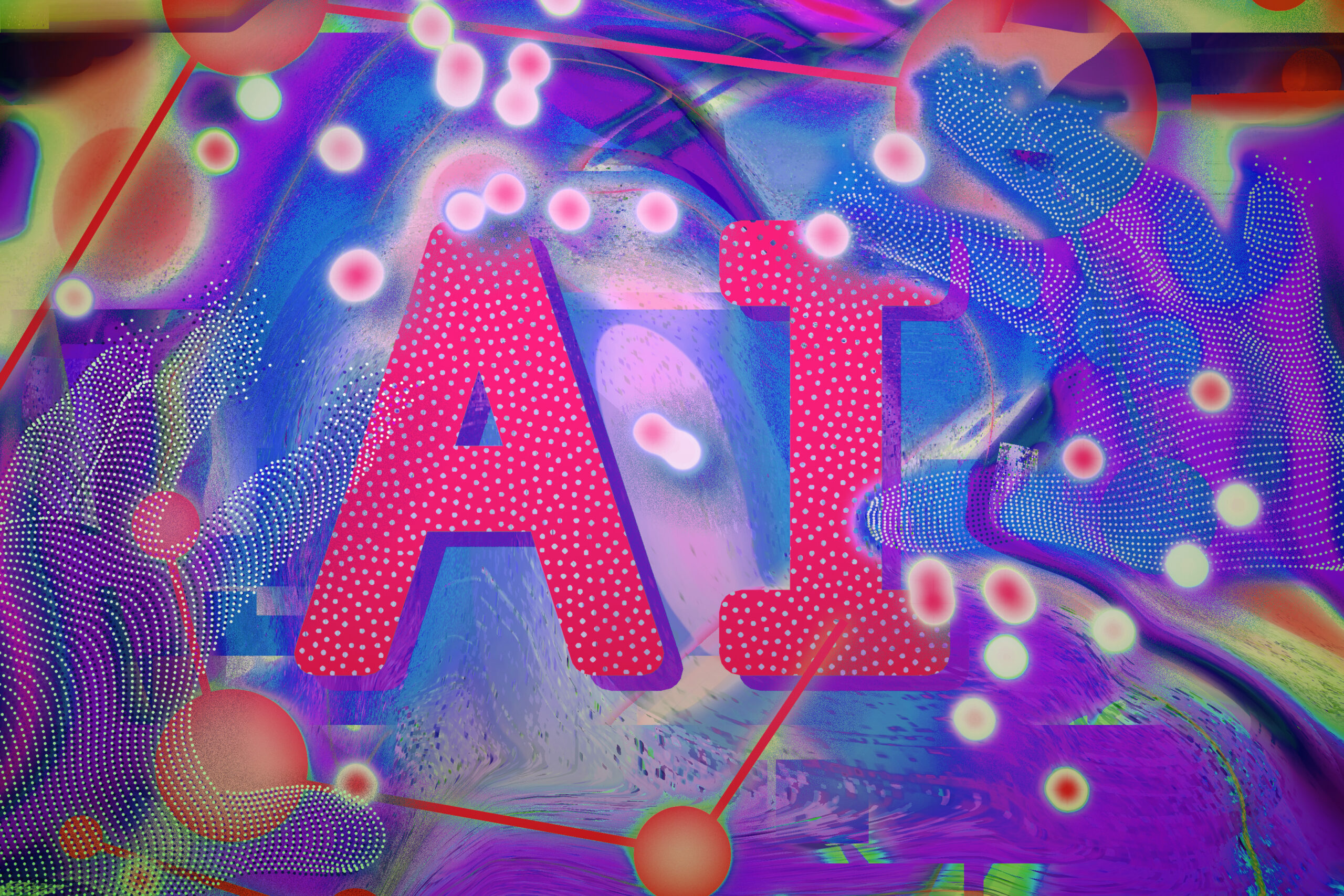News

Celebrating Kendall Square’s past and shaping its future | MIT News
Kendall Square’s community took a deep dive into the history and future of the region at the Kendall Square Association’s 15th annual meeting on Oct. 19. It’s no secret that Kendall Square, located in Cambridge, Massachusetts, moves fast. The event, titled “Looking Back, Looking Ahead,” gave community members a chance to pause and reflect on…

New techniques efficiently accelerate sparse tensors for massive AI models | MIT News
Researchers from MIT and NVIDIA have developed two techniques that accelerate the processing of sparse tensors, a type of data structure that’s used for high-performance computing tasks. The complementary techniques could result in significant improvements to the performance and energy-efficiency of systems like the massive machine-learning models that drive generative artificial intelligence. Tensors are data…

Accelerating AI tasks while preserving data security | MIT News
With the proliferation of computationally intensive machine-learning applications, such as chatbots that perform real-time language translation, device manufacturers often incorporate specialized hardware components to rapidly move and process the massive amounts of data these systems demand. Choosing the best design for these components, known as deep neural network accelerators, is challenging because they can have…

The brain may learn about the world the same way some computational models do | MIT News
To make our way through the world, our brain must develop an intuitive understanding of the physical world around us, which we then use to interpret sensory information coming into the brain. How does the brain develop that intuitive understanding? Many scientists believe that it may use a process similar to what’s known as “self-supervised…

Generating opportunities with generative AI | MIT News
Talking with retail executives back in 2010, Rama Ramakrishnan came to two realizations. First, although retail systems that offered customers personalized recommendations were getting a great deal of attention, these systems often provided little payoff for retailers. Second, for many of the firms, most customers shopped only once or twice a year, so companies didn’t…

2023-24 Takeda Fellows: Advancing research at the intersection of AI and health | MIT News
The School of Engineering has selected 13 new Takeda Fellows for the 2023-24 academic year. With support from Takeda, the graduate students will conduct pathbreaking research ranging from remote health monitoring for virtual clinical trials to ingestible devices for at-home, long-term diagnostics. Now in its fourth year, the MIT-Takeda Program, a collaboration between MIT’s School…

Using AI to optimize for rapid neural imaging | MIT News
Connectomics, the ambitious field of study that seeks to map the intricate network of animal brains, is undergoing a growth spurt. Within the span of a decade, it has journeyed from its nascent stages to a discipline that is poised to (hopefully) unlock the enigmas of cognition and the physical underpinning of neuropathologies such as…

Explained: Generative AI | MIT News
A quick scan of the headlines makes it seem like generative artificial intelligence is everywhere these days. In fact, some of those headlines may actually have been written by generative AI, like OpenAI’s ChatGPT, a chatbot that has demonstrated an uncanny ability to produce text that seems to have been written by a human. But…

This 3D printer can watch itself fabricate objects | MIT News
With 3D inkjet printing systems, engineers can fabricate hybrid structures that have soft and rigid components, like robotic grippers that are strong enough to grasp heavy objects but soft enough to interact safely with humans. These multimaterial 3D printing systems utilize thousands of nozzles to deposit tiny droplets of resin, which are smoothed with a…

Technique enables AI on edge devices to keep learning over time | MIT News
Personalized deep-learning models can enable artificial intelligence chatbots that adapt to understand a user’s accent or smart keyboards that continuously update to better predict the next word based on someone’s typing history. This customization requires constant fine-tuning of a machine-learning model with new data. Because smartphones and other edge devices lack the memory and computational…